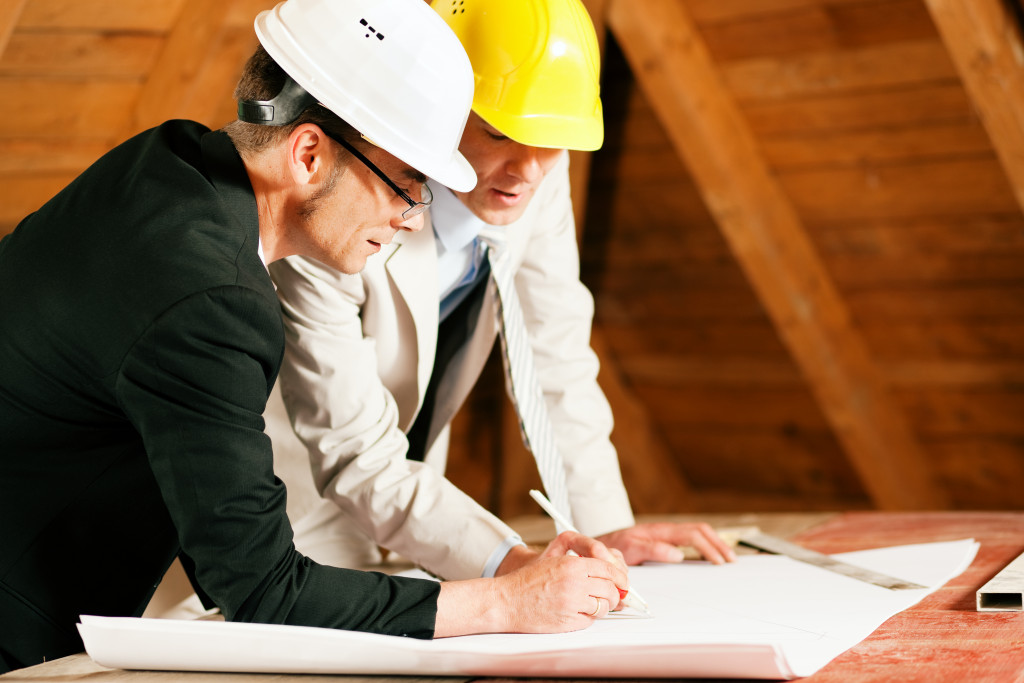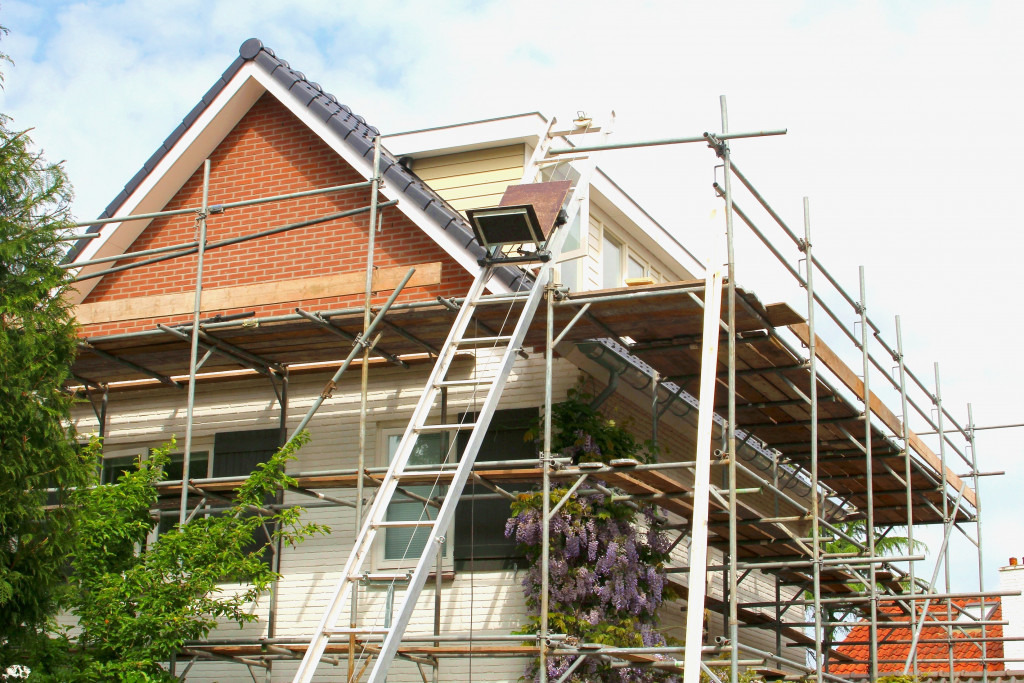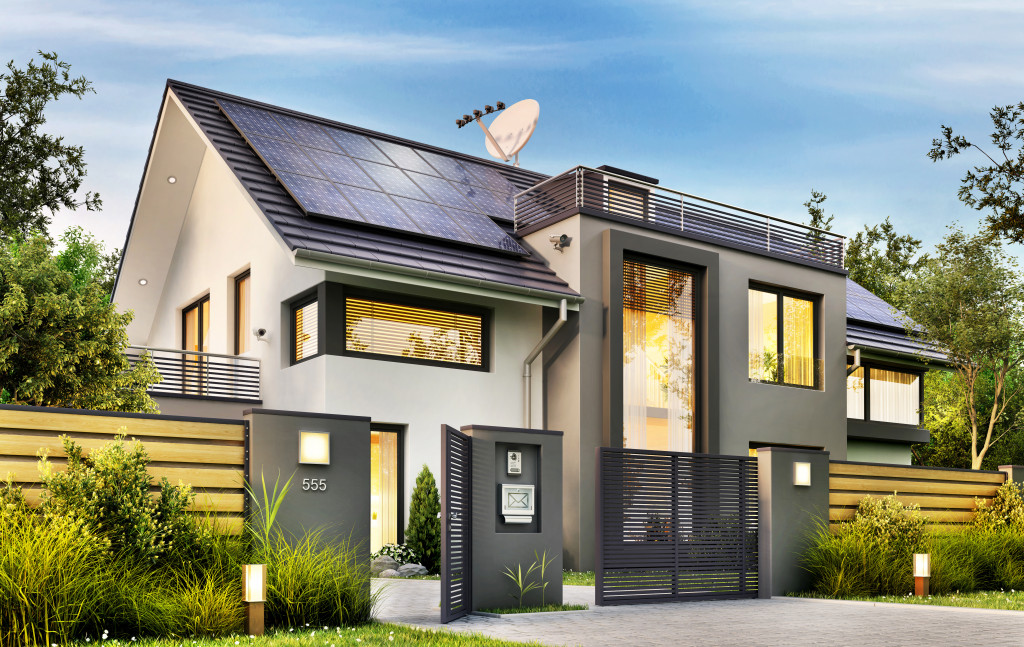Owning a home is the dream of many Americans. This dream was highlighted after people started buying homes even in the middle of the pandemic. Even though many people buy existing homes, others prefer building them from scratch.
It is not a secret that building a house can be expensive, so it is essential to consider all factors involved before beginning the process. The process can be both exciting and overwhelming. Here are four things to keep in mind when building your dream home. With careful planning and execution, you’ll surely end up with a house you love!
Location.
Location is among the most important factors to consider when building a house. The location can affect many aspects of the house, such as the climate and the surrounding environment. You should also think about the amount of sunlight that the home receives.
If you are building in a cold climate, it is crucial to choose a location that gets plenty of sunlight so that the house can be heated efficiently. If you are building in a hot climate, it is vital to choose a shady location so that the house does not become too hot.
The surrounding environment can also have a significant impact on a house. For example, you must ensure that your home is designed to withstand hurricanes and other storms if you are building on beachfront property. If you are building in the middle of nowhere, on the other hand, you will need to make sure that your house is designed to be self-sufficient and can withstand harsh weather conditions.
Where your house is located will also have a big impact on both the cost of construction and the eventual resale value. If you’re looking for a prime piece of real estate, be prepared to pay a premium. But if you’re willing to sacrifice a bit on location, you could save yourself a lot of money in the long run.
Size matters.
When it comes to the size of your house, bigger is not always better. There are a few things you’ll want to consider when deciding how large your house should be. Here are some factors to consider:
- Your budget. The size of your house will be influenced by how much money you’re willing to spend. A smaller, less expensive home can be just as comfortable as a larger one if you plan carefully.
- Your needs. How many people will be living in your home? Do you need a lot of bedrooms and bathrooms? Or would a more modestly sized home suffice?
- Your lifestyle. If you like to entertain, you’ll need more space than someone who prefers to live a more solitary life.
- The climate. If you live in a cold climate, you’ll need a larger home with more insulation and heating capacity than someone in a warmer climate.
- The neighborhood. If you’re buying in a densely populated area, you’ll likely need to build a smaller home than if you’re buying in a rural area with more room to spare.
The size of your house will also impact both the construction cost and the resale value. A smaller home will be cheaper to build and easier to maintain. But, it may not have all the desired features and amenities. Conversely, a larger home will be more expensive to construct but could pay off in increased resale value down the line.

Know your materials.
You must consider a few factors when deciding on the materials to build a house. The most crucial factor is the climate where the house will be built. If you live in a cold climate, you’ll need materials that can withstand the cold weather, such as bricks or concrete.
If you live in a hot climate, you’ll need materials that can withstand the heat, such as metal or stucco. You can also use PVC for the house. A PVC board uses polyvinyl chloride as its primary raw material. The material is a type of thermoplastic polymer that is resistant to organic solvents and high temperatures. This resistance allows it to withstand the element, making it ideal for outdoor wall panels.
Another critical factor to consider is the cost of the materials. Some materials are more expensive than others. However, it’s important to remember that the quality of the materials also affects the cost. High-quality materials will last longer and require fewer repairs than low-quality materials.
Finally, you’ll need to consider the style of your house. Some materials are better suited for certain styles of houses than others. For example, brick is often used for traditional homes, while metal is often used for modern houses.
Don’t forget about permits!
When building a house, it is crucial to ensure that you have the appropriate permits. This ensures that your house is built safely and meets all the requirements. Failing to get the proper permits can result in fines and even the demolition of your home. So be sure to check with your local government agency to find out what permits are required for your area.
Building a house typically requires several different permits. These can vary depending on your location but may include permits for constructing a new home, electrical work, and plumbing.
Building a new house is a huge undertaking but can also be gratifying. By keeping these four factors in mind, you’ll be well on your way to ensuring that your new home is everything you’ve ever dreamed of!





